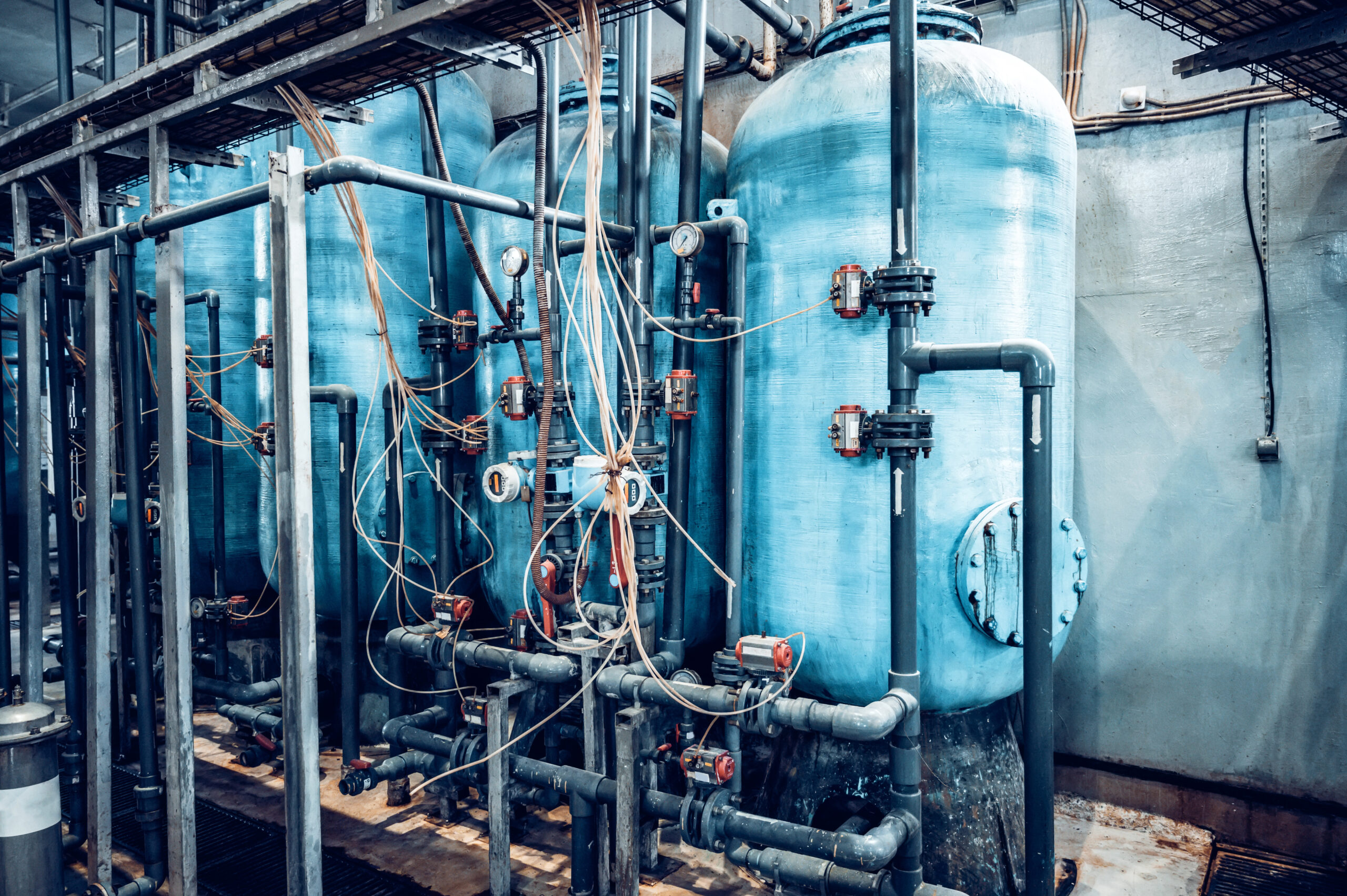
Industrial facilities rely heavily on water for operations ranging from cooling and heating to cleaning and production. However, untreated or poorly managed water can cause scale buildup, corrosion, and microbial growth, leading to inefficiency, equipment damage, and increased costs. To ensure operational success and environmental compliance, companies must adopt practical approaches that optimize water quality and system performance. Industrial water treatment plays a vital role in maintaining smooth operations while minimizing waste and conserving resources. By implementing consistent management practices and investing in technology, industries can sustain productivity without compromising environmental responsibility.
Understanding the Importance of Water Quality Management
Water quality directly influences the performance of industrial processes. If water contains high levels of minerals, organic matter, or biological contaminants, it can damage machinery, reduce efficiency, and lead to downtime. Therefore, industries need a comprehensive plan that identifies potential contaminants and applies corrective measures. When facilities maintain consistent water quality through a structured industrial water treatment program, they can extend equipment life and improve operational reliability. Moreover, consistent monitoring ensures that water chemistry remains within the ideal parameters for each system component.
Additionally, maintaining water quality is not only a technical requirement but also an environmental responsibility. Regulations continue to tighten, requiring industries to limit harmful discharges and adopt sustainable practices. Through proper treatment, facilities can reduce their ecological footprint while staying compliant with local and federal standards. Companies that take a proactive approach demonstrate both environmental awareness and operational excellence.
Selecting the Right Treatment Technology
Choosing an appropriate treatment method depends on the specific industrial application. For instance, cooling towers, boilers, and wastewater systems each require different treatment strategies. Advanced filtration, reverse osmosis, and chemical dosing are often combined to achieve desired results. Selecting the right industrial water treatment system involves understanding the composition of incoming water and aligning the process with operational goals. This approach allows industries to balance efficiency, cost, and sustainability effectively.
Furthermore, emerging technologies are transforming how facilities handle water purification. Innovations such as membrane bioreactors and ion-exchange systems improve efficiency while reducing chemical use. By adopting these modern solutions, companies can achieve superior results and lower long-term maintenance expenses. Integrating intelligent automation also allows real-time monitoring, helping engineers make timely adjustments to prevent potential system failures.
Preventing Corrosion and Scaling
Corrosion and scale buildup are among the most common challenges in industrial water systems. Corrosion can damage metal surfaces, leading to leaks and expensive repairs, while scaling reduces heat transfer efficiency and increases energy costs. To mitigate these issues, facilities should maintain precise control of water chemistry. Adjusting pH levels and applying protective coatings or inhibitors can safeguard critical infrastructure. An effective industrial water treatment plan helps balance mineral concentration, preventing damage and ensuring steady operations.
In addition, consistent inspection and system flushing can significantly extend equipment lifespan. When operators detect early signs of corrosion or scaling, they can take corrective action before the issue escalates. Implementing predictive maintenance supported by digital monitoring ensures that facilities respond swiftly to chemical imbalances. This proactive mindset minimizes costly downtime and promotes long-term reliability.
Emphasizing Wastewater Recycling and Reuse
Water scarcity is a growing concern across industrial sectors, and wastewater recycling has emerged as a practical solution. Instead of discharging used water, companies can treat and reuse it for non-critical processes. This practice not only conserves fresh water but also reduces disposal costs. Modern systems can recover valuable by-products and minimize environmental contamination, creating a more sustainable operation. Industrial water treatment technologies make this transformation feasible by effectively separating impurities from reusable water streams.
Moreover, implementing water recycling programs supports corporate sustainability goals and improves public perception. Many industries now include water reuse metrics in their environmental reporting. As a result, companies not only comply with environmental regulations but also demonstrate leadership in responsible resource management. This shift toward circular water use reinforces the importance of efficiency, innovation, and accountability in industrial operations.
Monitoring and Automation in Water Treatment
Continuous monitoring is essential for maintaining consistent performance in water treatment systems. Automated sensors and control units allow facilities to track pH, conductivity, temperature, and flow rates in real time. By integrating innovative technologies, engineers can quickly identify deviations and automatically adjust processes. This level of control ensures that systems operate within safe limits, reducing human error and optimizing chemical usage. Industrial water treatment systems equipped with automation also provide detailed data that helps refine long-term maintenance strategies.
In addition, automation enhances traceability and compliance with industry standards. When systems log and store performance data, operators can easily generate reports for audits and environmental assessments. These insights allow companies to demonstrate accountability and continuously improve efficiency. As industries embrace digital transformation, automation becomes not only a convenience but a necessity for competitive and sustainable operations.
Training and Workforce Involvement
A well-trained workforce plays a vital role in the success of water treatment operations. Even the most advanced equipment requires knowledgeable operators to interpret data, maintain systems, and respond to irregularities. Training ensures that staff understand the chemistry behind treatment processes, safety procedures, and environmental responsibilities. When employees actively engage with the system, they can identify early warning signs and address them before major problems occur. Effective training programs foster collaboration and build a culture of preventive maintenance.
Furthermore, employee involvement promotes a sense of ownership and accountability. When workers understand how their actions directly impact water quality and system performance, they are more motivated to follow best practices. Continuous education, supported by updated guidelines and new technologies, keeps teams informed and ready to adapt to evolving challenges. By empowering personnel, companies strengthen both operational safety and environmental stewardship.